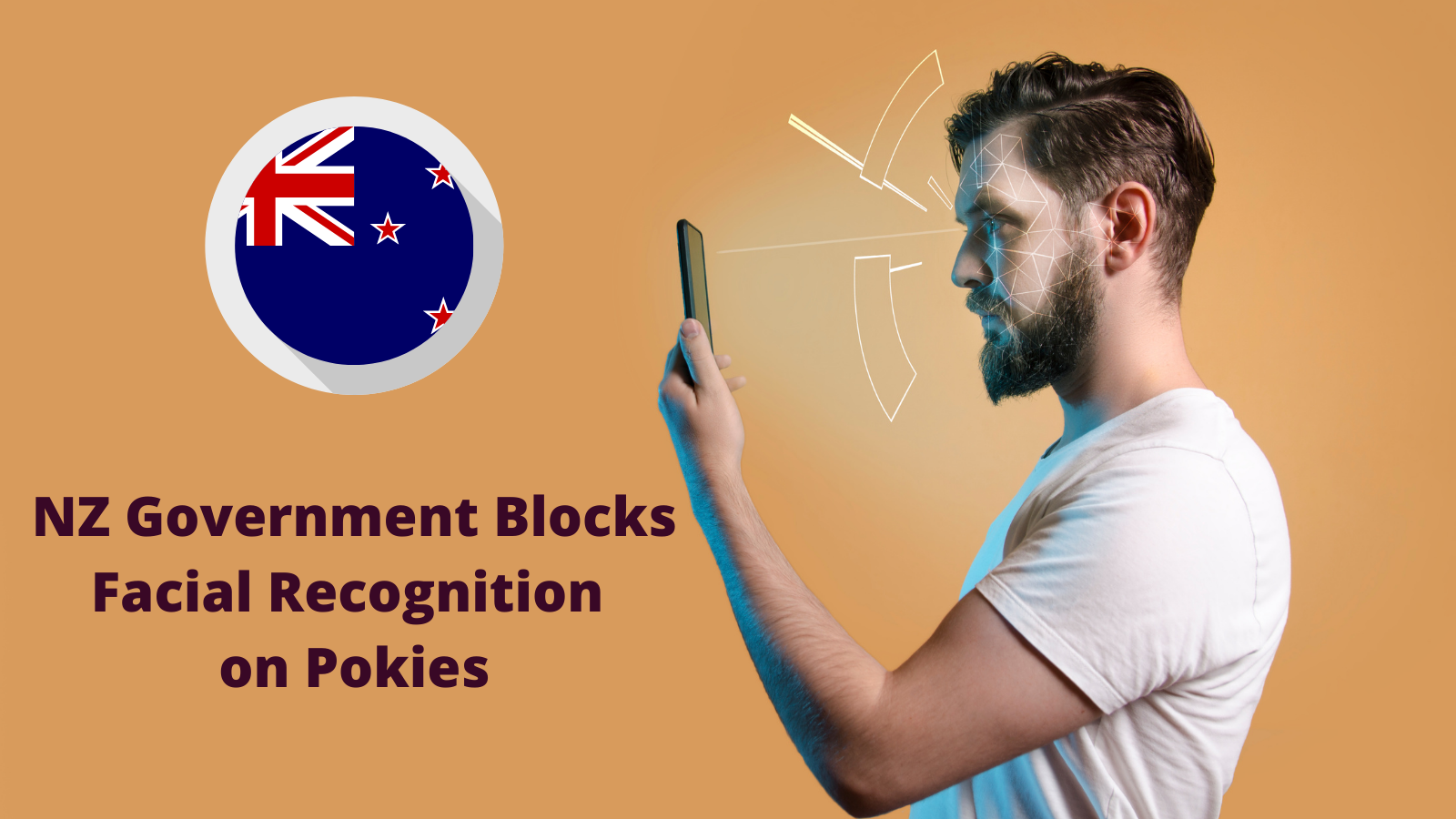
In 2018, the New Zealand gaming industry adopted a facial recognition system as part of the state’s Gambling Act 2003. This technology is the result of the collaboration between COMS Systems and Torutek Holdings Limited and was being trialled in some gaming venues there.
With the purpose to identify problem gamblers and then, exclude them from entering the gaming room, the FR system was already installed in gaming sites across New Zealand. Recently, the gaming machine association or GMA complained to the government about not funding facial recognition technology, a barrier to the gambling harm-minimisation strategy.
GMA wants the Ministry of Health to help fund its facial recognition system
The chairman of the GMA, Peter Dengate Thrush announced last month that the national Ministry of Health had refused to help fork out facial recognition software for gaming machines. While the funds collected should be used to help gaming companies install the facial recognition cameras, the government found that funding software licenses for gambling venues wouldn’t be appropriate for the Ministry of Health.
Thrush pointed out that the system would help to self-identify addict gamblers because the facial recognition cameras will recognise the problem gamblers and then, would inform the venues’ owners. Although the system already exists in many venues, installing the cameras in other gaming sites requires significant funding. This GMA chairman stated: “There are 148 facial recognition systems already installed in venues across New Zealand. The class 4 industry – the societies – spent $3.5m themselves because they don’t want problem gamblers in their venues.”
Thrush added that the Ministry of Health’s denial to permit problem gambling funds to be spent on the Facial Recognition system would interrupt the self-determination efforts of all casino operators listed in New Zealand. The organization wants the Ministry of Health to use its unspent $1.5m technology fund for software licensing that should be purchased for the whole country allowing each region to get a fair deal.
The reason for the government’s refusal
Both the Department of Internal Affairs and Ministry of Health believed that it “would not be appropriate for the Ministry of Health to fund software licenses for gambling venues”, a spokeswoman for the Ministry of Health stated. She explained that the gaming venues received a commission payment of more than 16% of gaming machine revenues to meet the operational costs of hosting gambling. This includes the costs associated with meeting harm minimisation requirements.”
She also mentioned that the ministry funded a database that has the expertise to store photos securely in order to support facial recognition systems allowing the venues to integrate these into their systems. Moreover, the Problem Gambling Foundation supports the use of the system but similar to the Ministry of Health, it thinks that the Pokie machines operators should pay to license the software.
In fact, Andree Froude, Problem Gambling Foundation’s communications director explained that the gaming machines owners have the responsibility to their gamblers so they should have the obligation to pay the cost of licensing the machines. Froude said: “The system at the moment often involves the person who is gambling providing a photo and then the venue making sure they are not entering the venue, so it is quite cumbersome”. Nonetheless, she warned that technology is considered as the magic solution for preventing the gambling problem.
Conclusion
Although a lower rate of gambling addiction has been identified in New Zealand since the rise of the gambling industry market there, the Facial Recognition technology is one of the solutions to respond the gambling-related harm. Issued under the Gambling Act 2003, the system is designed to prevent those who are identified as gambling addicts from entering a gaming venue.
The gaming machine association wants the government to help the organization in funding this recognition software in gaming venues. However, the Ministry of Health and Problem Gambling Foundation think that the gaming machines owners should only be in charge of paying for these machines.
– Best Offshore Betting Sportsbooks
– Best Online Casinos
– Best Poker Sites
– Best Bingo Sites
– Best Roulette Sites
– Best PayPal Casinos UK
– Top Litecoin Casinos
– Ethereum Casinos
– Best Crypto Sportsbooks
– Best Pokies Sites Australia
– Best New Slots UK
– Best Online Casinos for New Zealand
 Sections of this topic
Sections of this topic
















